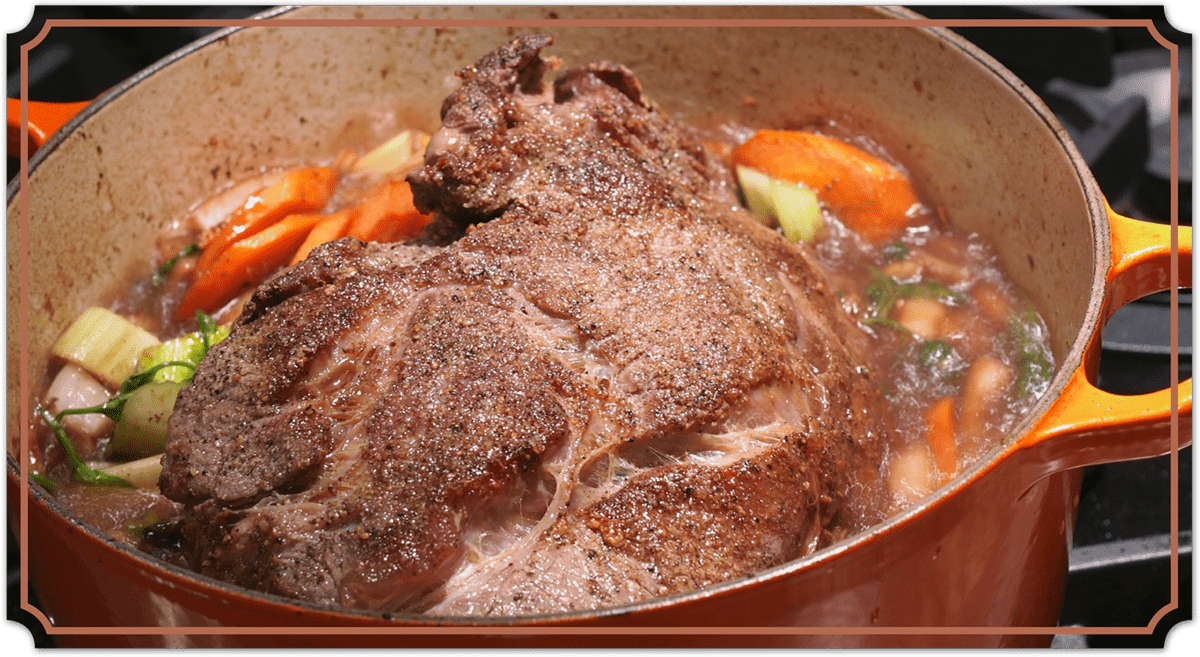

Durenda Wilson
Home: A Place of Refuge
I walked into my parent’s home, the smell of a cooking pot roast permeated the entire house and instantly my eyes welled up with tears. I was married and had children of my own, but to my surprise, the smell of my mom’s cooking brought such a feeling of comfort and relief that my entire being relaxed.
It was more than just the fact that someone else was making dinner. I had positive emotions from my childhood that immediately brought me back to memories of walking in the front door after a long day at school or work and being greeted by the aroma of mom’s cooking. It was the smell of home because home was where I felt fully known and truly loved.
Pastor and author Tim Keller said: “To be loved but not known is comforting but superficial. To be known and not loved is our greatest fear. But to be fully known and truly loved is, well, a lot like being loved by God. It is what we need more than anything. It liberates us from pretense, humbles us out of our self-righteousness, and fortifies us for any difficulty life can throw at us.”
Back in Genesis 2, God gave a mandate to Adam (who represented all of mankind) to work the garden and take care of it. He was to steward what God had given him and to exercise dominion over it. After the fall, this mandate didn’t change, but now that sin had entered the picture, Adam would find it much more difficult to fulfill that mandate. Sin created obstacles that really had no hope of redemption until Jesus, the Great Redeemer, would come to change that.
Our calling as believers is the same: to tend the garden that God has given us. We still face obstacles, but because of Jesus, we have the privilege of complete access to the Father and the ongoing presence of the Holy Spirit to strengthen us and give wisdom.
What does all of this have to do with our homes being a place of refuge?
Our homes and families are the gardens that God has given us to exercise dominion over. That means that we have the responsibility through Him to bring a certain amount of order and peace into our homes and family life. Don’t get me wrong, this isn’t about control as much as it’s about being committed to stewardship and tending the specific garden that God has graciously given us, knowing that our God-given position is one of great influence.
“We have the potential to provide shelter from the storms of life, from the cruelty of the world, and offer the peace and love that can only be found in Christ and it starts with our own families.”
This is why it is essential that we discipline ourselves to make our homes a place of refuge.
A refuge by definition is a place providing protection or shelter from danger or hardship. A source of help, relief, or comfort.
We have the potential to provide shelter from the storms of life, from the cruelty of the world, and offer the peace and love that can only be found in Christ, and it starts with our own families.
Many of us decided to homeschool because we wanted to protect our children from danger or unnecessary hardship. We wanted to raise them in an environment where they could be who God created them to be, a place where learning happens naturally and abundantly. But taking on the full responsibility for our children’s education can bring with it the temptation to make “school” front and center instead of a robust, vibrant family life at home.
Throughout our family’s homeschool journey, my mantra has been that school should revolve around home, not home around school.
What that looked like varied somewhat from day to day, but the overarching goal was that our home would provide protection. It would be a place to nurture our kids physically, mentally, emotionally, and spiritually.

One of the simplest, yet most effective ways that we did this was to keep a consistent routine that involved regular eating and sleeping times. Those habits alone helped avoid a host of problems. Children need a certain amount of predictability. It helps them feel safe, secure, and loved. It helps them relax and get to the business of growing, exploring, playing, experimenting, and learning. They never have to be subconsciously concerned about their primary needs being met in a timely way because they can count on a certain amount of rhythm each day.
It’s beneficial for moms as well because as we stay consistent, we don’t use time and energy to decide things like when a meal will happen or what time the kids should go to bed. Instead, we can focus more on being intentional in our parenting and homeschooling. In fact, keeping the routine can create a better environment for more effective parenting and homeschooling because it creates opportunities for character building as we train our children in consistency, timeliness, keeping order, following directions, working as a team, and countless other lifelong skills.
As moms, we, not the children, get to decide what routine works best for our family as a whole. We should be about the business of training, teaching and cultivating maturity in our children, and they should be about the business of growing and being taught. This is part of what it means to protect and nurture them, and it will help create a more peaceful home environment. When our homes feel like a refuge, our kids are more free to receive corrections, to make mistakes, and to learn from them.
So what tone have you set in your home? Is it one of peace or confusion? Calm or chaos? Or is it somewhere in between?
Our homes need to be a place of refuge from the constantly evolving, arbitrary, and unbiblical standards of the world. They need to be places where the patterns and habits we form as a family reflect the gospel and declare the goodness and sovereignty of God.
It’s here, in this kind of home life, that we will grow healthy, stable, productive adults who will affect countless others as they bring order and peace to a desperately hurting world.
